Details.
When
Wednesday 18 May – Friday 12 August 2022
Tickets
Season One sessions are available to view on demand in the Design Speaks Virtual Portal until 12 August 2022.
Tickets for this session are no longer available.
This session includes one hour of presentations and an hour-long panel discussion, and attracts 2 formal CPD points.
If you have already registered, attended and received CPD points for this session in its initial release you are ineligible to claim the CPD points again.
Program Info
This session was originally presented as part of The Architecture Symposium: Housing Futures (2020).
The Architecture Symposium: Housing Futures presents a curated selection of contemporary Australian architects whose projects respond creatively to the spectrum of housing challenges and opportunities. We have, as a profession, an opportunity to step confidently from turbulent times into a future where we take the lead on the transformation of the urban, suburban and regional residential environment. The Architecture Symposium will highlight projects that are already doing so, opening directions for the profession and stimulating new ways of living. Financing, procurement models, housing typologies, sustainability and cost-effective strategies will be considered, all delivered to a benchmark of exceptional architectural quality. The presentations will provide a concise survey of current projects, viewed through four lenses: alternative housing models, the integration of social agendas, emerging directions in market-based housing and compact housing.
Partners
Earn CPD Points
Download CPD Questions and Learning Outcomes
CPD Questions – A Social Agenda for HousingContacts
Heather Cotton
Project Manager, Awards and Events Header Image Las Americas Social Housing by SO-IL. Photography: Iwan Baan.Program.
-
A Social Agenda for Housing
How can we define a contemporary social agenda for housing? Far from the generic social housing of mid-twentieth century, a contemporary social agenda introduces a specificity of response to the individual community and context. This session will explore a range of projects that have demonstrated consideration of a specific community, defining the identity of the project. These projects demonstrate a capacity to create spaces that can delight, creatively exceeding a fit-for-purpose approach. -
Session Information
Rachel Nolan, Kennedy Nolan and James Henry, Housing Choices Australia (Housing Choices Australia Dandenong, Vic)
Melissa Bright, Studio Bright and Jeanette Large, Women's Property Initiatives (Affordable homes for vulnerable women, Vic)
Dan Szwaj, Turner and Lisa Sorrentino, City West Housing (Blackwattle Apartments, NSW)
Florian Idenburg and Jing Liu, SO-IL (Las Americas Social Housing, Mexico)
Presentations are followed by a panel discussion chaired by curators Andrew Burns, Andrew Burns Architecture, and Hannah Tribe, Tribe Studio Architects. - CPD Questions – A Social Agenda for Housing
Speakers.
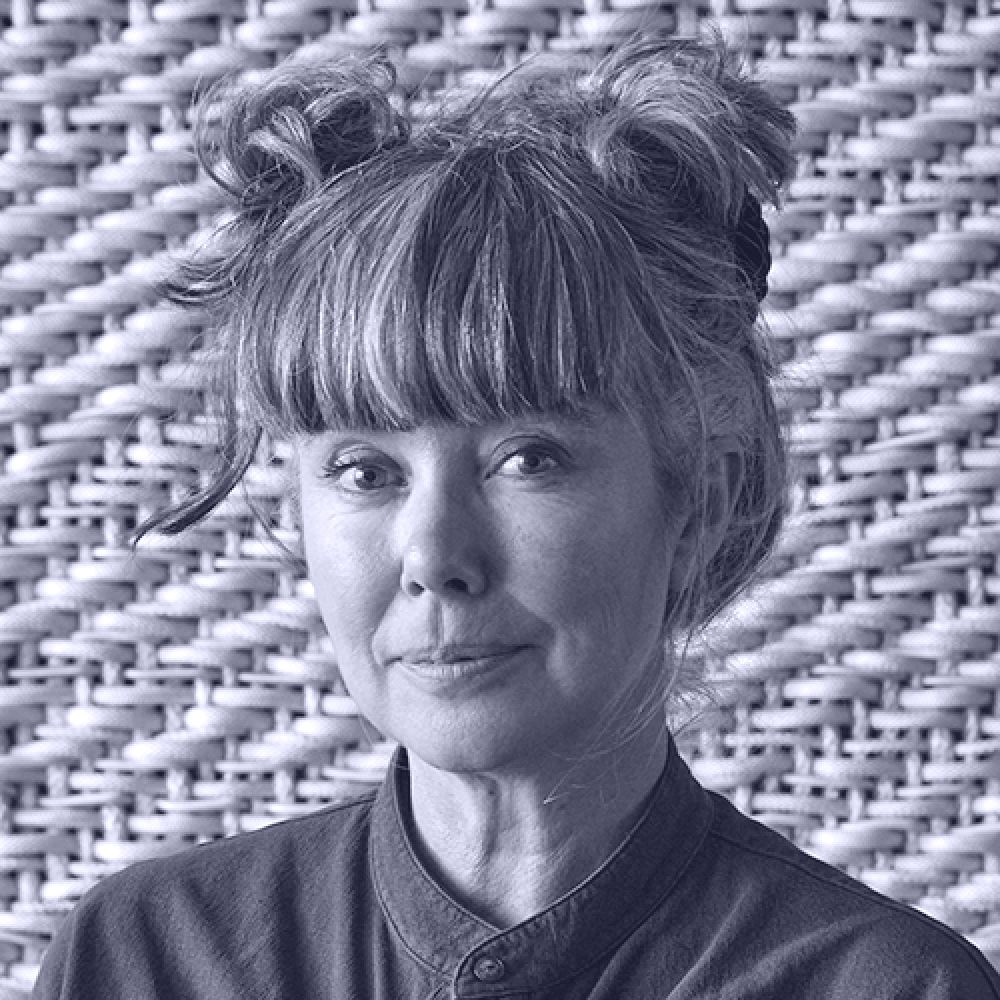
Rachel Nolan
Principal, Kennedy Nolan
Together with Patrick Kennedy, Rachel Nolan is a founding partner of multiple-award-winning practice Kennedy Nolan. She is crucially involved in the design direction of the practice, with expertise in creating built environments that are inspiring and memorable.
Fascinated by both the material and the immaterial, Rachel is conceptually driven and pragmatic, focused on creating enduring settings for life.
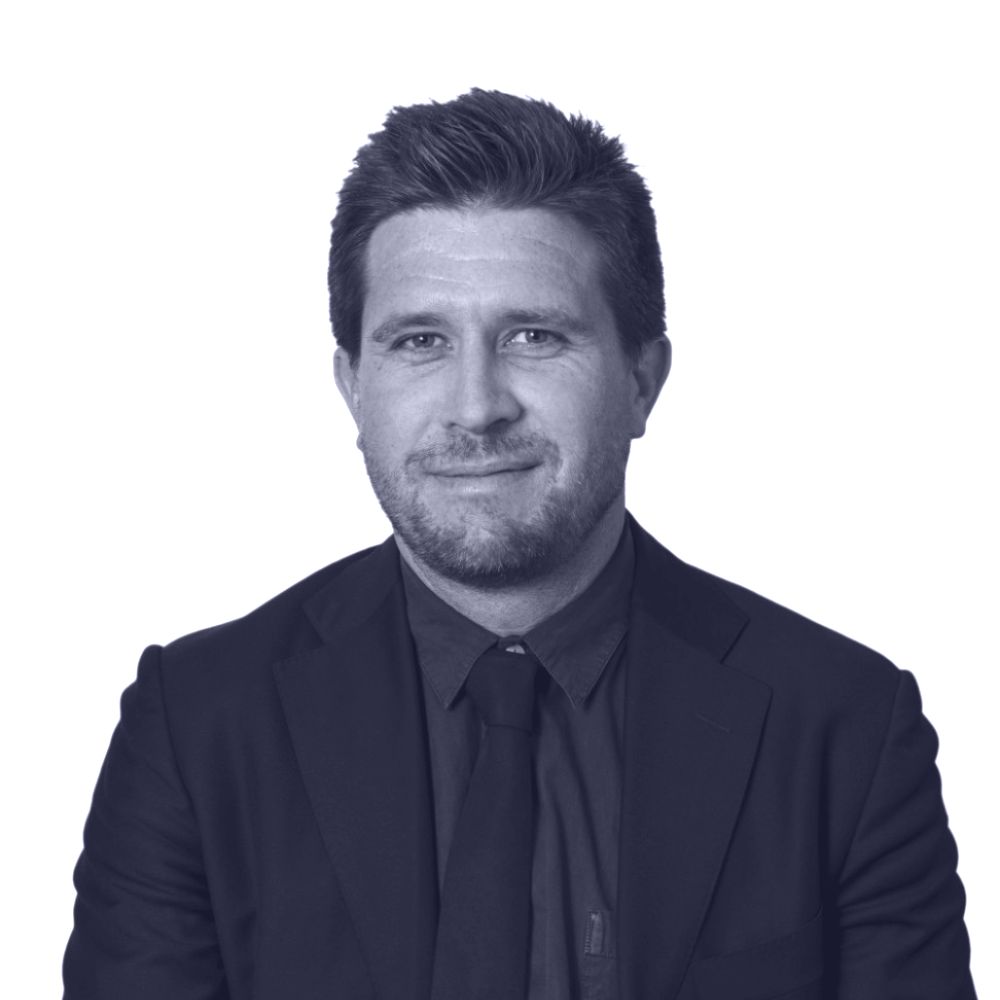
James Henry
General Manager of Assets and Development, Housing Choices Australia
James Henry is a registered architect and the general manager of assets and development at Housing Choices Australia (HCA). He is responsible for ensuring the strategic development and management of HCA’s national portfolio results in high quality, sustainable and innovative outcomes that will serve the needs of HCA tenants into the future.
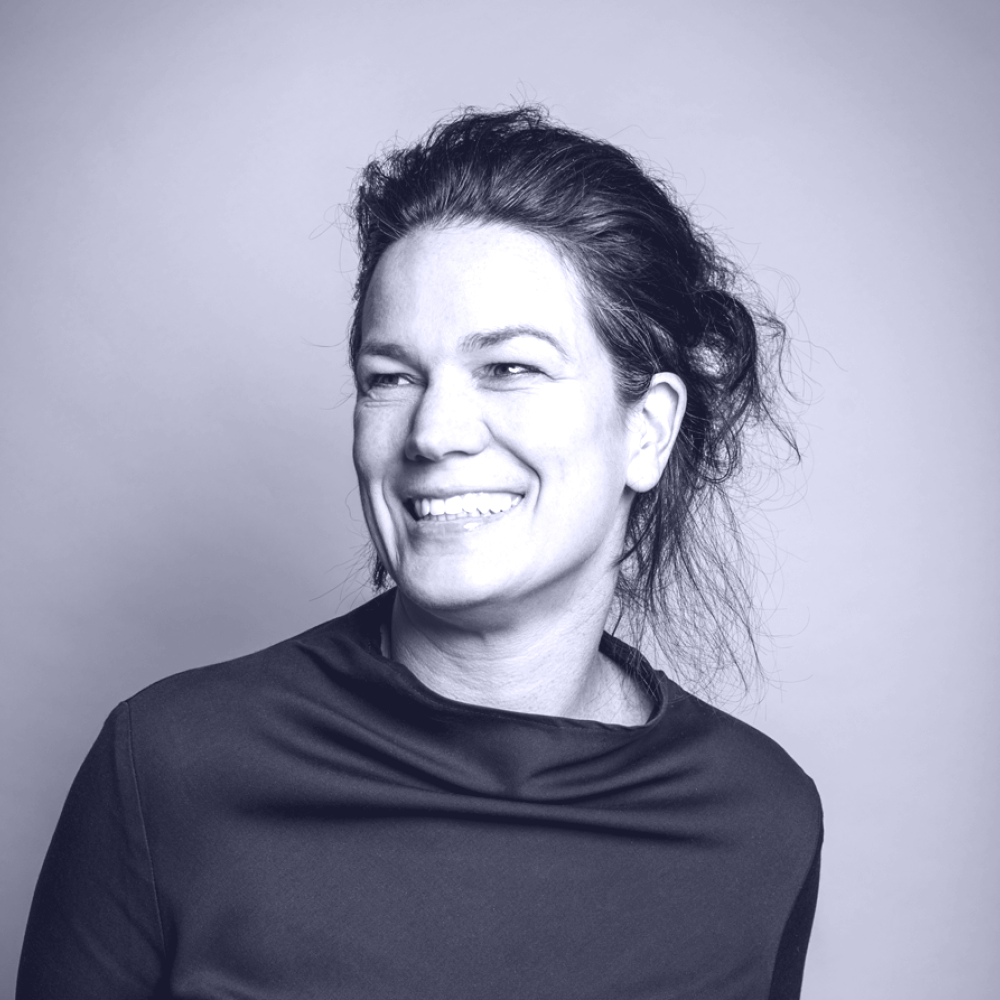
Mel Bright
Director, Studio Bright
Mel Bright is the owner and founding director of Studio Bright, a Melbourne-based practice that has gathered a collection of diverse and highly acclaimed built work. Studio Bright is best known for its houses, but the practice is currently working on a number of city-making projects across a variety of scales and types, including civic, educational and multi-residential projects.
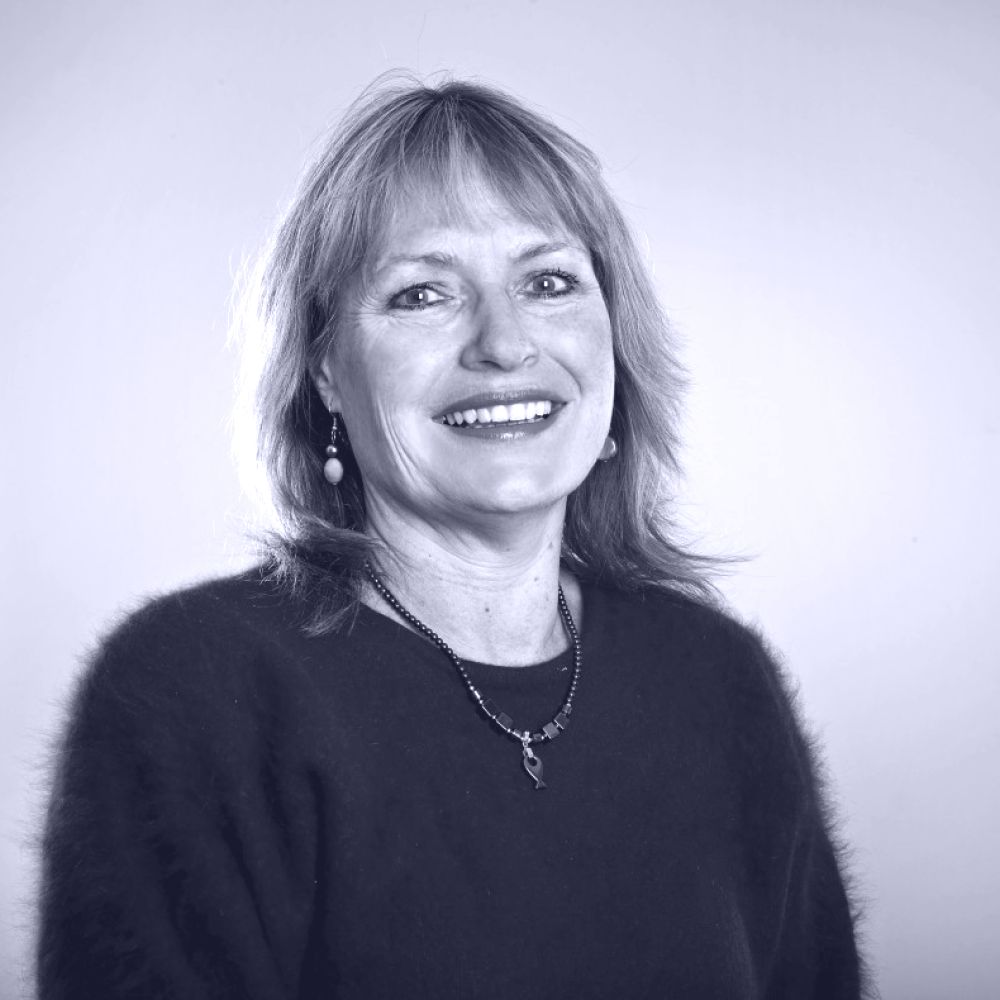
Jeanette Large
Chief Executive Officer, Women’s Property Initiatives
Jeanette Large is the CEO of Women’s Property Initiatives (WPI). WPI creates new beginnings for women facing homelessness by providing affordable, permanent homes. WPI houses over 220 women and children around Melbourne through the properties they own and another 200+ people through the properties they manage.
Jeanette’s vision is to help disadvantaged women regain their independence by providing good quality, safe, appropriate, inclusionary and secure housing. An ambitious goal but she believes it is being achieved as Australians learn about building better community housing. By providing this basic human need, Jeanette believes this will help break the cycle of intergenerational poverty, decrease public spending on welfare services and increase individual investment, once women have rebuilt their lives.
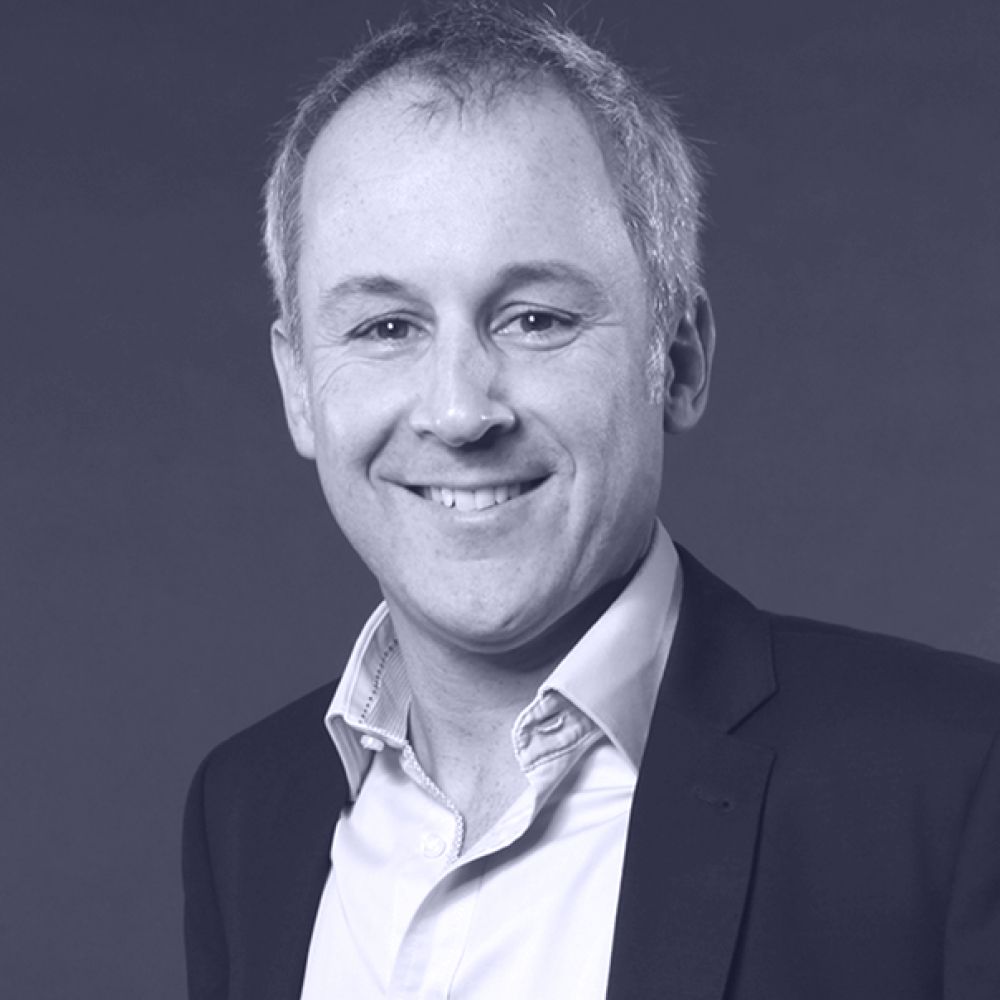
Dan Szwaj
Director, Turner
Dan Szwaj is a director at Turner and has been practicing architecture for over 25 years. With a hands-on approach Dan has been integral to the evolution of projects at Turner from designing singular buildings to more strategic and integrated architectural and urban design outcomes. Dan brings a strong conceptual framework to projects that is underpinned by a wide experience of construction processes and techniques. Through his design leadership Dan has personally been involved in the completion of a number of innovative workplace, student accommodation, seniors living, social and affordable housing projects, several of which have received awards and commendations for design excellence including Blackwattle apartments.

Lisa Sorrentino
Head of Development, City West Housing
Lisa Sorrentino is Head of Development at City West Housing. Lisa is a highly skilled residential development executive with over 20 years of end-to-end development experience in urban renewal, mixed use, community housing, retirement living, and build-to-rent sectors within Australia and the United States.
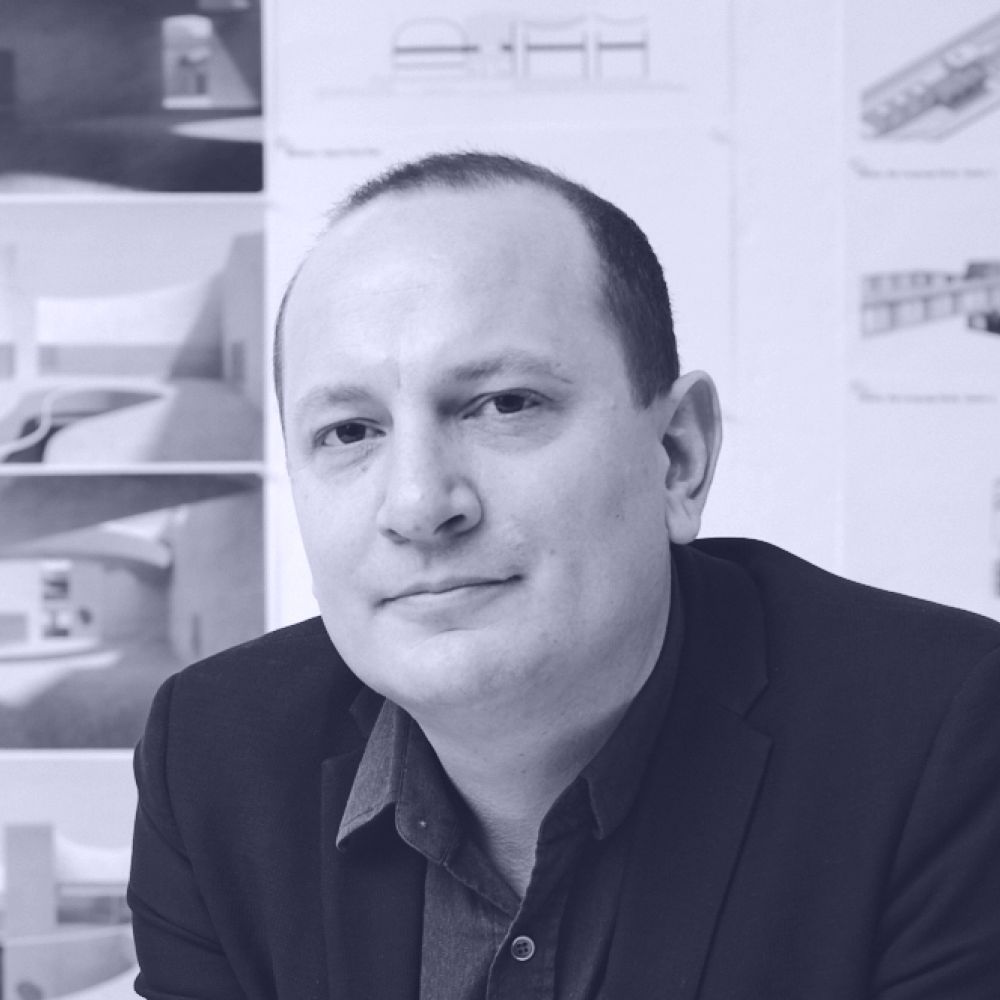
Florian Idenburg
Principal, SO-IL
Florian Idenburg is an internationally renowned architect with over two decades of professional experience. After learning the ropes in Amsterdam and Tokyo, he founded SO–IL in New York in 2008 together with Jing Liu. His years of working in cross-cultural settings make Florian a thoughtful and collaborative partner. With a joyous demeanour, he pursues innovation through working together. He has a particularly strong background in institutional spaces, leading the office on projects as Kukje Gallery and the Manetti Shrem Museum of Art at UC Davis as well as the Amant Arts Campus in Brooklyn. His strength lies in generating imaginative ideas and transforming those into real-world spaces and objects.
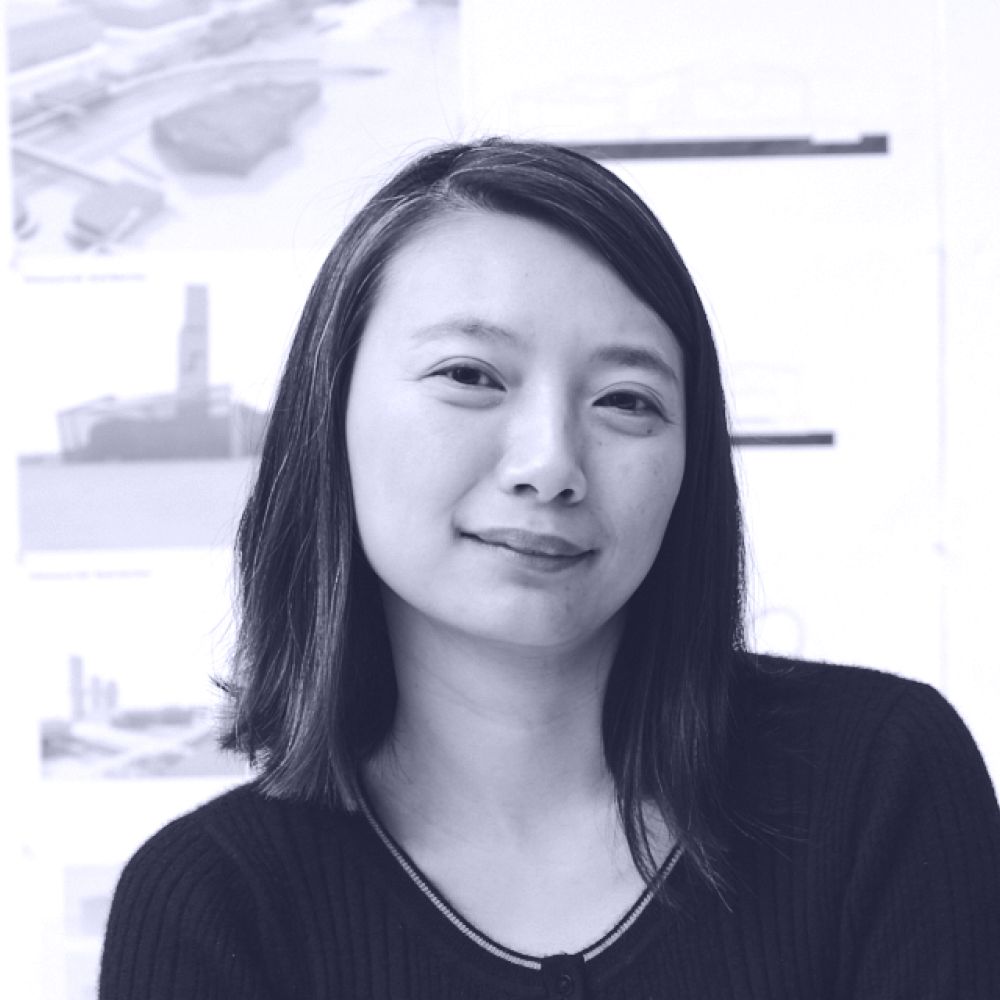
Jing Liu
Principal, SO-IL
Jing Liu has been practicing for more than 15 years working on a wide range of projects both in the US and abroad. Through building practice and interdisciplinary research projects, Liu has led SO–IL in the engagement with the socio-political issues of contemporary cities — in projects like the Artists Loft North Omaha and the Martin Luther King, Jr. Library in Cleveland. Her projects range from artistic collaborations with contemporary choreographers and visual artists to master plan and major public realm design in cities like Melbourne and Indianapolis.
Curators.
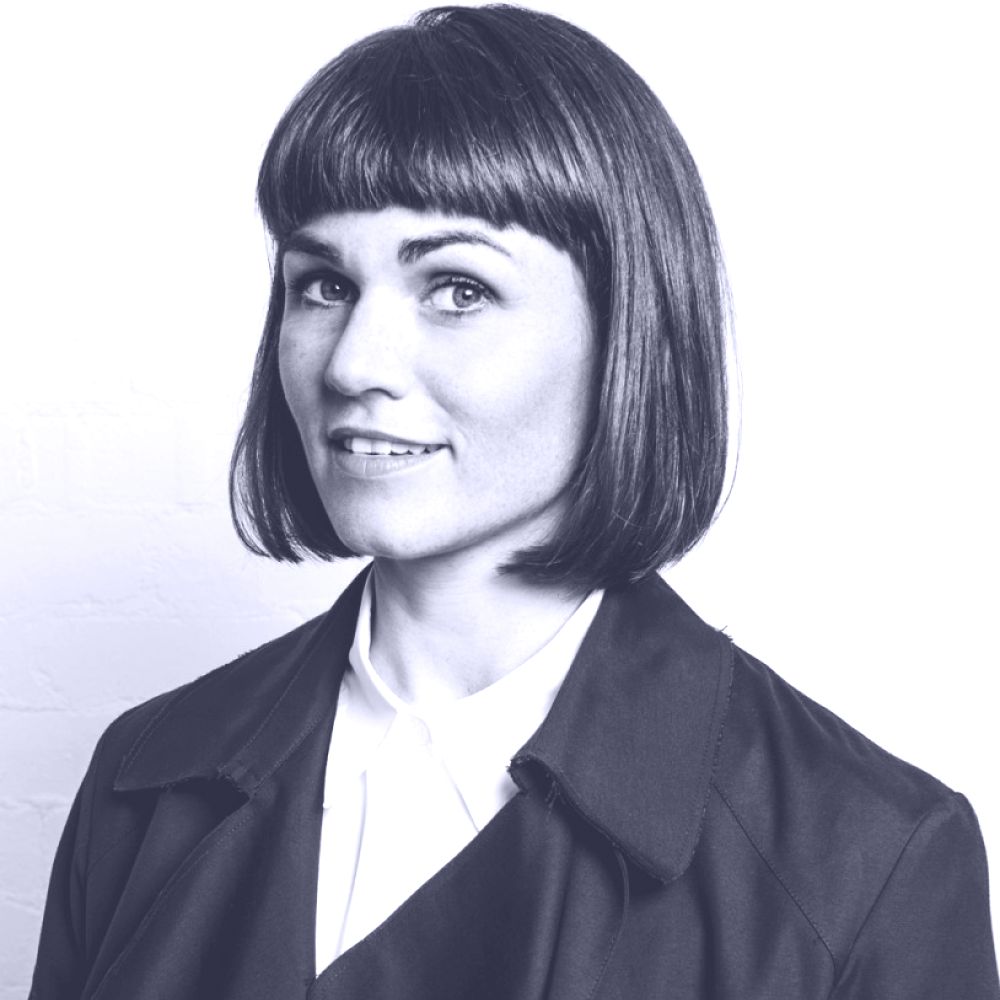
Hannah Tribe
Principal, Tribe Studio Architects
Hannah Tribe is the principal of Tribe Studio Architects, a practice recognized for design excellence in its built and conceptual work in residential and urban design, education, installation and interiors. Tribe Studio Architects currently has a team of 15 architects working on projects in Australia and internationally.
Hannah has taught at the University of Sydney, the University of Technology Sydney and the University of New South Wales. She has tutored in design and lectured in both design and design communications. She is has sat on the New South Wales Chapter Council of the Australian Institute of Architects. She has been an invited juror on awards panels, including the Australian Institute of Architects Awards, the IDEA Awards and the 2020 Houses Awards.
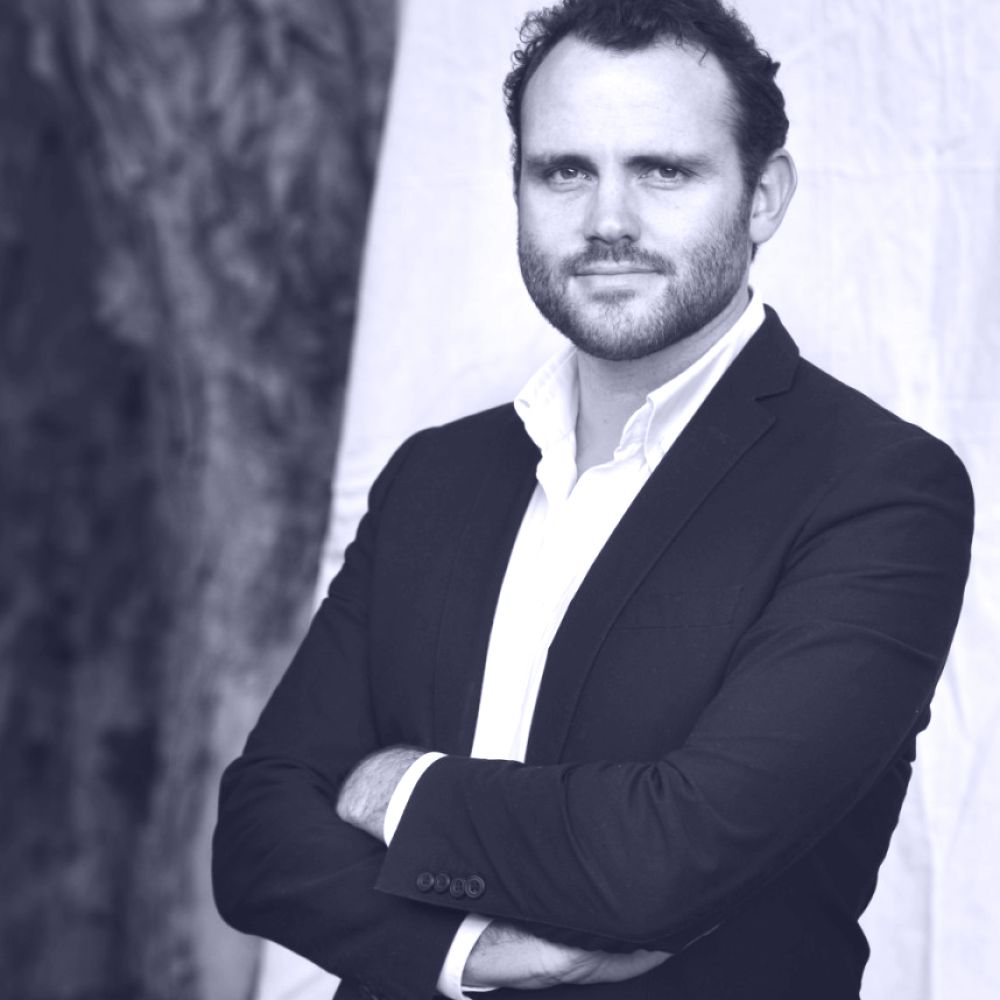
Andrew Burns
Principal, Andrew Burns Architecture
Andrew Burns graduated from the University of Sydney in 2004, establishing his practice Andrew Burns Architecture in late 2007. The practice’s approach seeks to combine social engagement with design excellence, and is characterized by precise geometry and material exploration.
Undertaking projects Australia-wide, the practice has broadened from a base of small cultural and domestic commissions to undertake multiresidential, public, educational and hospitality projects, often in landscape-based settings.
Andrew is currently completing a design-based PhD at Monash University, exploring the potential of systematic concept generation.
